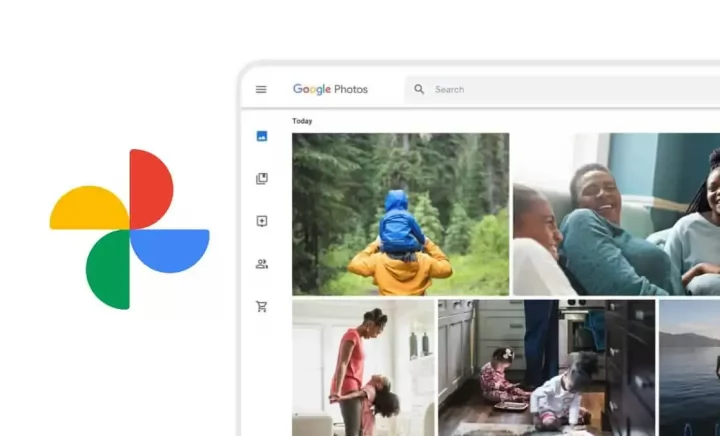Settlement Website: GoogleBIPASettlement.com
Objection Deadline: 8/10/2022
Exclusion Deadline: 8/10/2022
Claim Form: https://googlebipasettlement.pnclassaction.com/?_ga=2.58301354.1077628651.1654259696-2118880885.1654259696
Deadline For Submitting Claim: 09/24/2022
Final Hearing Date: 09/28/2022
Settlement Amount: $100M
Proof Of Purchase: No proof of purchase is applicable.
Potential Claim Amount: Class members are eligible to receive a cash payment under the settlement terms. However, the payment amount will vary according to the number of claims filed with the settlement. The payments will range between $200 and $400 according to the Google Photos biometric privacy settlement website.
A $100 million class-action lawsuit has been brought against Google Inc. claiming the tech giant has violated the privacy rights of consumers with its facial recognition technology. The terms of this settlement are expected to benefit Illinois residents appearing in Google Photos between 1st May 2015 and 25th April 2022.
Google has been accused of violating user privacy by illegally collecting and storing images of people’s faces. Google Photos is a way through which Google users store their pictures online and access them from any device. Using this app, they can search their photos using keywords, names of people tagged in the photo, and relevant Google locations.
While this technology has made it easier for people to access their pictures and find frames featuring their loved ones, plaintiffs have argued that Google violates Illinois’ Biometric Information Privacy Act (BIPA) through its facial recognition technology and storage of faceprints. Texas and Illinois are the only two states that regulate the usage of biometric data by private companies and Illinois is the only state that authorizes statutory damages for violations.
Before Google, Facebook and Shutterfly have also been hit with class-action lawsuits over the use of “face prints” by the company which violated the Illinois Biometric Information Privacy Act. BIPA secures the right of Illinoisans to keep their biometric information inclusive of facial scans, fingerprints, eye scans, and related biometric data private. It also makes it mandatory for businesses like Google to follow stringent regulations on the collection, storage, and destruction of these biometric data so that consumers remain buffered from identity theft and similar kinds of fraud.
Google allegedly used facial geometry for identifying people in the photos without getting their prior consent, maintaining a public retention and destruction schedule, and issuing proper disclosures. The BIPA class-action lawsuit contends that Google failed to obtain the consent of users when it launched the facial recognition technology. These actions were in complete violation of FTC guidelines and the privacy rights of individuals who appeared in the photos uploaded to Google Photos in Illinois.
Google argued that BIPA doesn’t cover scans of facial geometry derived from photographs. However, the plaintiffs argued against the same stating that the plain language of BIPA defines Google’s scans of facial geometry to be biometric identifiers. One plaintiff claimed her facial geometry was scanned and stored when a Google Photos user took approximately 11 photos with her using an Android-based smartphone which captured the images automatically and uploaded them to Google Photos. Following the upload, the Google software allegedly scanned the plaintiff’s unique face geometry and created her facial template. It is important to note here that the plaintiff doesn’t own an Android smartphone or use Google Photos making her an unwitting participant in Google’s face-painting collection practices.
Google uses sophisticated facial recognition technology for extracting and analyzing data from the contours and points of faces uploaded to the cloud-based Google Photos service. Each face template extracted by Google is unique to a particular individual like a voiceprint or fingerprint uniquely identifying only one person. According to the Google class-action lawsuit, the unique face prints collected by Google Photos identify individuals by name and also recognize their gender, age, and location.
The plaintiffs argued that these actions of Google exposed them to the risk of fraud related to their unsecured biometric data. They sought damages ranging up to the maximum of $5000 for each violation allowed under the law. Though Google hasn’t admitted any wrongdoing, they have agreed to resolve all allegations with a $100 million settlement. This settlement will help Google in avoiding a potentially higher trial verdict while securing rightful compensation for the class members and plaintiffs.

